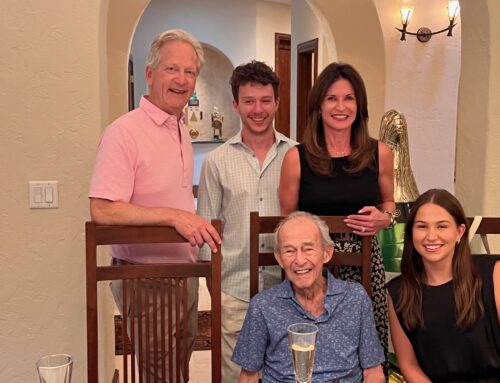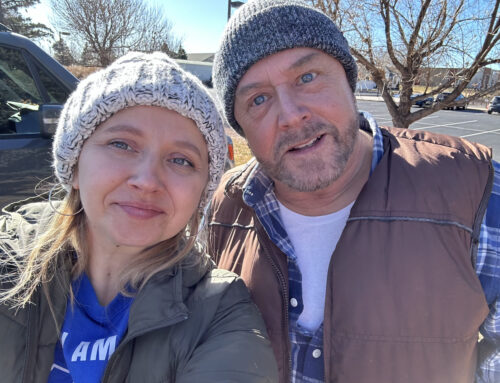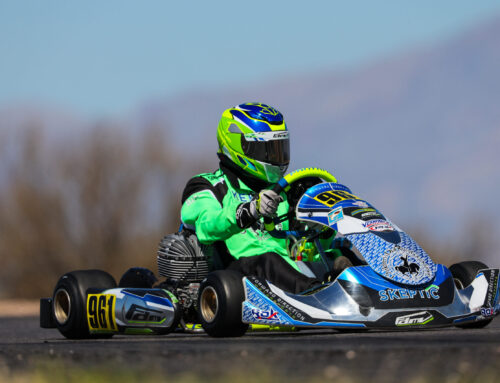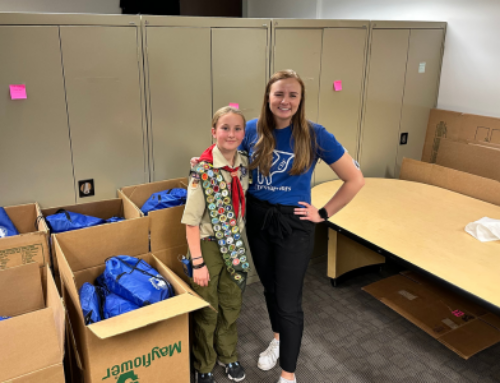By Elizabeth Kampororo
April, 1969. My adoptive mom, the best nurse ever (bias acknowledged), and I sat in my doctor’s office. Out came the diagnosis…diabetes. I was six years old and didn’t have a clue…my eyes were fixed on Mom. Mom’s response would dictate mine. Mom burst into tears. I quickly followed suit. There we sat, the two of us crying.
The tears did not last, though. It was time, with my adoptive dad as my coach, to take this condition on full force. That did not mean there were not meltdowns or things I had to do when afraid. With Dad by my side, though, giving up or settling for defeat was not an option.
Fast forward. Freshman year at college…nearly five and a half hours from home by car. At long last! FREEDOM! Although my parents were my best cheerleaders, I couldn’t wait to open a new life chapter. There was an undeniable magnetic pull toward being able to make my own rules and casting caution to the wind.
I was the joyful type, happy-go-lucky. I arrived at Hobart and William Smith Colleges, bright-eyes and focused. You know, that kid who has an adaptable nature, comprising the perfect resource for the homesick. I let my hurting and skeptical companions know that everything was going to be alright. “Just wait and see,” I would say. After all, I had handled diabetes – with the help and encouragement of my parents for eleven years so college seemed like a breeze.
One night after dinner, I was walking a good distance – from one side of the campus to the other. I didn’t feel well. (I find the best outlook on diabetes is to think of ourselves riding the rollercoaster of high and low blood sugars as if we had been born and raised on that very same wild ride. Then again, there are times when “not feeling well” can seem like a general symptom of “who knows what else”!) “I must be coming down with a cold,” I thought. Almost home to my dorm room, I stopped at the infirmary. The nurse took my vitals, couldn’t figure out what was wrong and decided I should spend the night there. I was fine with that arrangement. “No one knows what is wrong…why not catch a few winks at the infirmary before soaring into the next day?”
Well, at 2:00 a.m., the nurse dutifully came into the room where I was sleeping, and she could not wake me up. Taking vitals was out of the question. It was time to transfer me to the ER. A fellow athlete – she played soccer and I played field hockey – saw the attendants take me out on a stretcher. Off I went! Completely unaware of what was happening. Sure enough, I had had a serious drop in my blood sugar.
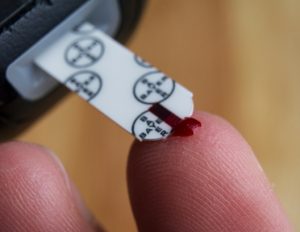
The next day after field hockey practice, I bounded into the dining hall and saw my acquaintance, Leslie. Leslie was the one who had been in the infirmary the night before. She saw my buoyant self and approached me with disbelief. “I saw them take you out of the infirmary last night. You were as white as a sheet! I thought you were dead,” she said. “Nope,” I responded. “Just a low blood sugar.” With that, the conversation ended. Practice had been rigorous, and now it was time to eat.
Fellow and dearly loved type 1’s! I urge you not to let diabetes have the last word. There is so much hope if we continue to fight. And we do not have to fight alone; we have each other. Yes, there will be days when we want to surrender and eat sugar-laden foods in unequaled quantity, but we must remember that we are more than conquerors. We must answer the call to thrive and squash any inclination to merely survive.
